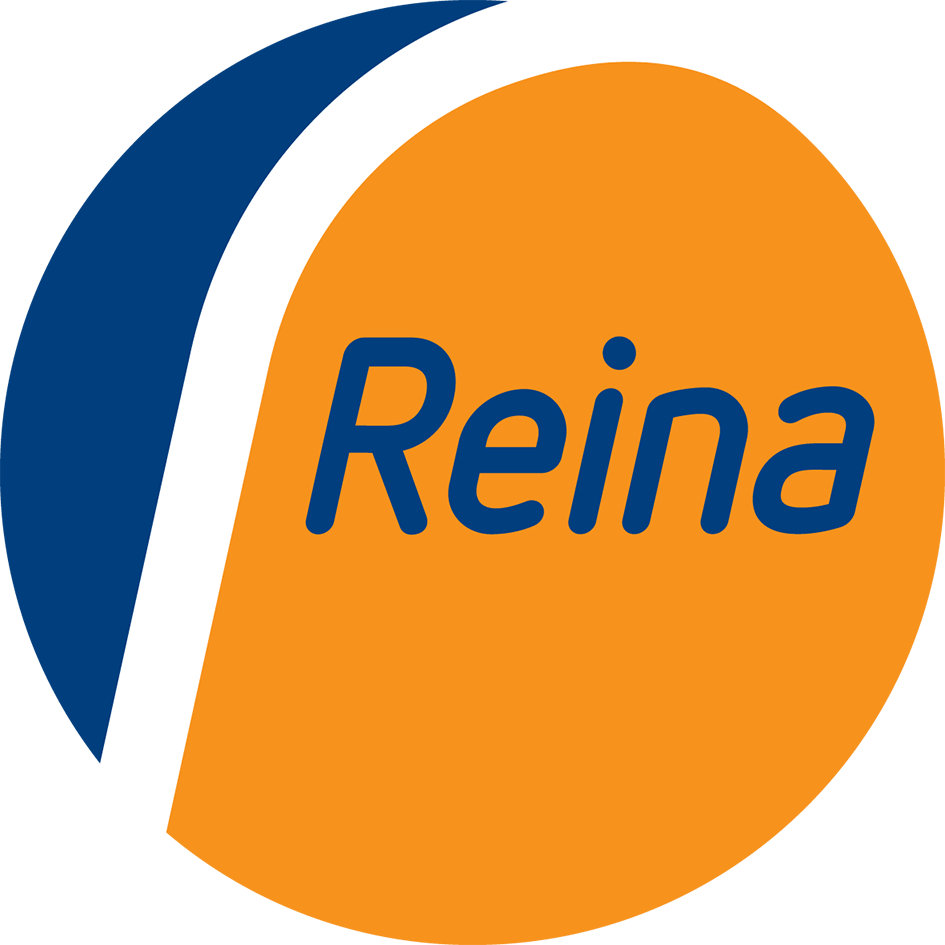What is renewable energy?
The term ‘renewable energy’ has been thrown around for many years now, but what exactly is it, and how does it affect you?
Renewable energy comes from natural sources that won’t become depleted when used, and can therefore be used again and again. For example, tidal, solar and wind are sources of energy that won’t ever deplete, unlike fossil fuels such as coal, gas and oil, which eventually will run out.
People and businesses of the world use huge amounts of non-renewable energy daily, and more often than not without realising just how much they’re using / wasting. From switching on the kettle to watching television, to running your car, heating your home and using your computer at work, there are many actions we do that rely on using energy to get us through our day to day life.
Let’s stop and think for a moment: you are one person in the big wide world using a lot of energy. Now multiply that by all the people and businesses in your town that consume energy, then multiply that by everyone in the country, and across the globe. That’s a lot of energy being used 24 hours a day, so you can understand the need to utilise renewable energy sources.
How can we harness renewable energy?
Scientists are forever coming up with new ideas to utilise renewable energy, and with the advancement in technology available, some of these visions can become reality.
By using the wind, sunlight, water and geothermal heat in the ground, renewable energy can be exploited. Through using wind turbines, solar panels, tidal turbines and geothermal processes, these are all ways for us to turn natural sources into energy.
Wind turbines and solar panels can be used as a farm, harvesting the wind and light on a huge scale to generate power for the masses, or they can be used on a much smaller scale – with a wind turbine or smaller solar panels attached to your house and/or land, providing you with your energy requirements.
Making your home more energy efficient and installing LZC (low zero carbon) technologies may entitle you to government funded schemes such as the RHI (renewable heat incentive), where you get paid for making use of renewable energy. For example, an average size house currently fuelled by oil and replaces with a GSHP would pay for the installation within 6 years and benefit from cost savings for years to come.
For more information on making your home and/or business more energy efficient via renewable energy sources, including how heat pumps can help you be entitled for RHI, please take a look at our website.
